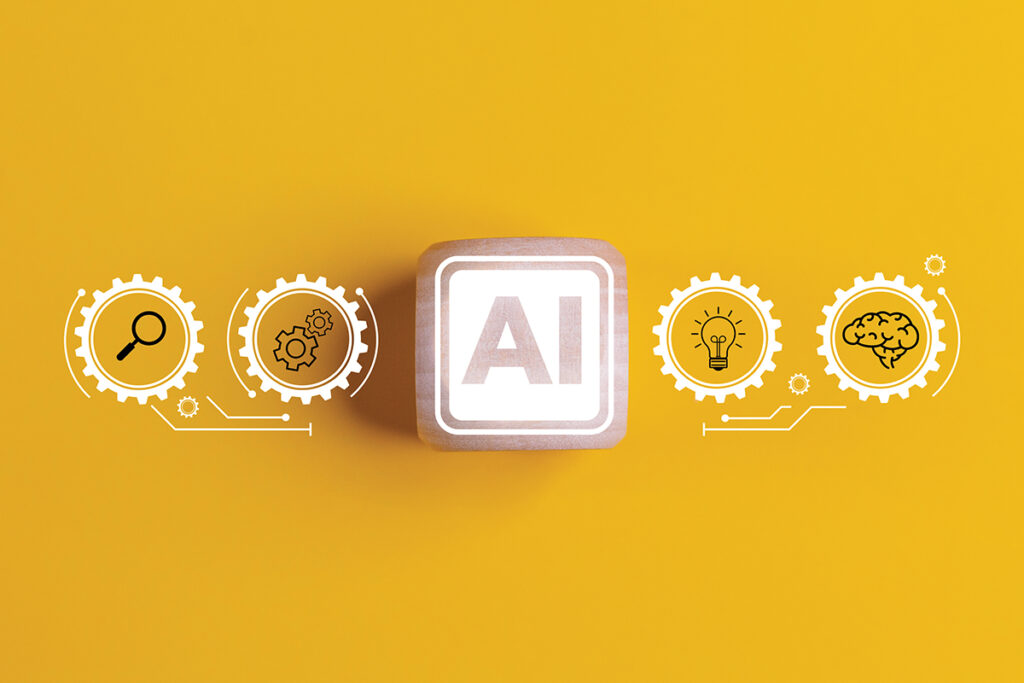Creating innovative and engaging e-commerce experiences can go a long way towards seizing market opportunities large and small
Let’s face it. The road to the promised tomorrow is paved with disruptions and uncertainty at every turn. The only way to truly navigate it is to embrace change as a constant and evolve to keep pace with a changing world.
With 50 years of industry expertise in delivering intelligent CX and CRM technologies that are tailored to meet critical business needs, few are better positioned than SAP to offer a perspective into the future of how these disruptions are impacting the future of CX.
To better understand how the new norms of CX are being rewritten, we spoke with a senior SAP representative, and the insights on offer were fascinating, to say the least.
How do you see the future of e-commerce evolving, and what role will thoughtful CX strategies play in shaping this evolution?
Future e-commerce will continue to be an exciting and revolutionary experience, mostly due to growing technological integration and an emphasis on building deep relationships with customers. AI-powered tools will probably become the standard, enabling highly customized and interesting purchasing experiences. Every encounter will seem distinct because data-driven insights will customize experiences based on personal preferences, demographics, and even emotional situations.
The lines between online and offline buying will continue to blur, therefore frictionless multichannel experiences will become increasingly important. Companies will have to provide all touchpoints with consistent branding, messaging, and support.
Another new trend we have identified is where customers are starting to look for retailers who share their values. For example- customers expect brands to offer more supply chain transparency, eco-friendly packaging choices, and carbon-neutral delivery strategies as important differentiators. These ideals should be reflected in CX strategies, prioritising social impact projects, ethical labour practices, and responsible sourcing.
What role does SAP play in helping businesses adapt to changing customer expectations and market trends in the e-commerce landscape?
We are continuously mapping our products and services to the next big trends in the market. SAP is the backbone of the back office, being the top ERP system for businesses globally. With the help of technology integration, we can create a front end that works in perfect harmony with the back office, facilitating responsive and flexible modifications. One of SAP’s core offerings is the seamless interaction between the front and back offices.
SAP assists companies in meeting the dynamic demands of their customers and adjusting to the ever-changing e-commerce industry in a variety of ways. SAP Commerce Cloud allows companies to swiftly modify their e-commerce solution to meet shifting customer demands and industry trends. In addition to it, organisations can also tap into enterprise-wide data and innovate at scale to increase revenue and customer satisfaction.

Thirdly, SAP is built around helping businesses take data driven decisions, and SAP CX solutions only further this by assisting businesses in gathering and analysing customer data from various touchpoints. This provides insights into preferences, behaviour, and sentiment. Lastly, leveraging AI/ML personalize experiences, improve efficiency, and help businesses stay ahead of competition.
SAP is a partner of choice for businesses, providing them with the tools, technologies, and expertise to adapt the changing customer expectations and market trends, ultimately enabling them to thrive in the ever-evolving e-commerce landscape. Today some of the leading names in the industry use SAP Commerce Cloud such as ArcelorMittal Nippon Steel India, JSL, Asian Paints, MG Motors to name a few.
How is SAP leveraging AI in its customer experience portfolio today?
SAP uses a range of AI-powered capabilities to improve customer satisfaction, efficiency, and personalization in its customer experience products. For instance, features such as “Intelligent Customer Profile” summarizes customer data for simple reference whereas our “visual search” capabilities helps consumers locate products using graphics, and also improves search and discovery by enriching product tags and descriptions.

The features “Record Summarization” and “Smart Scheduling” automate meeting invites and summaries of various client contacts, respectively. Additionally, role-specific prompts like “Write a Case Overview” provides AI-powered support for daily activities, while “Intelligent Q&A” use company data to respond to user inquiries. Some of these features shows SAP’s commitment to using AI to provide customers with a more intelligent, tailored, and effective experience.


